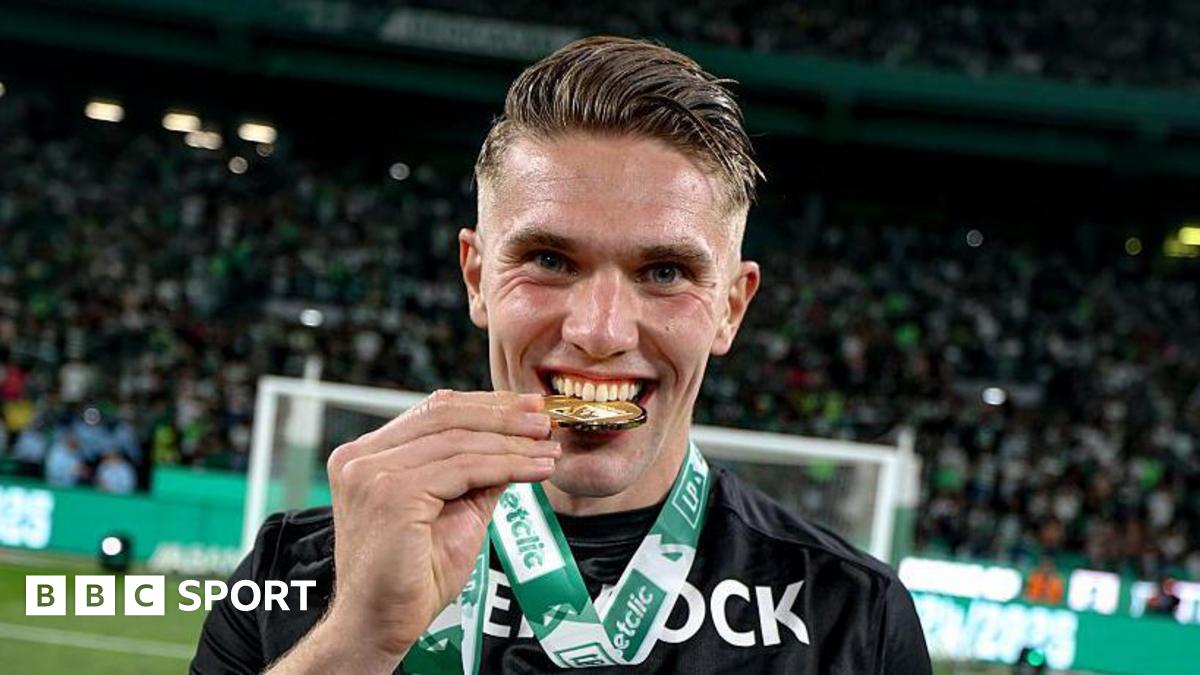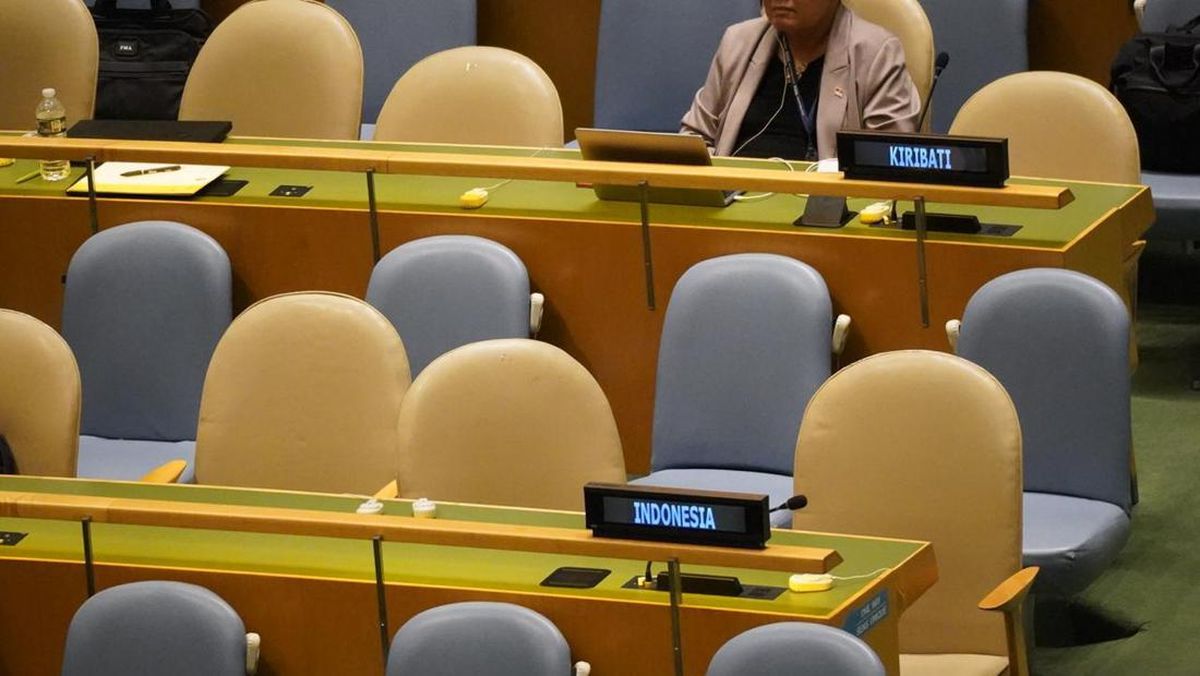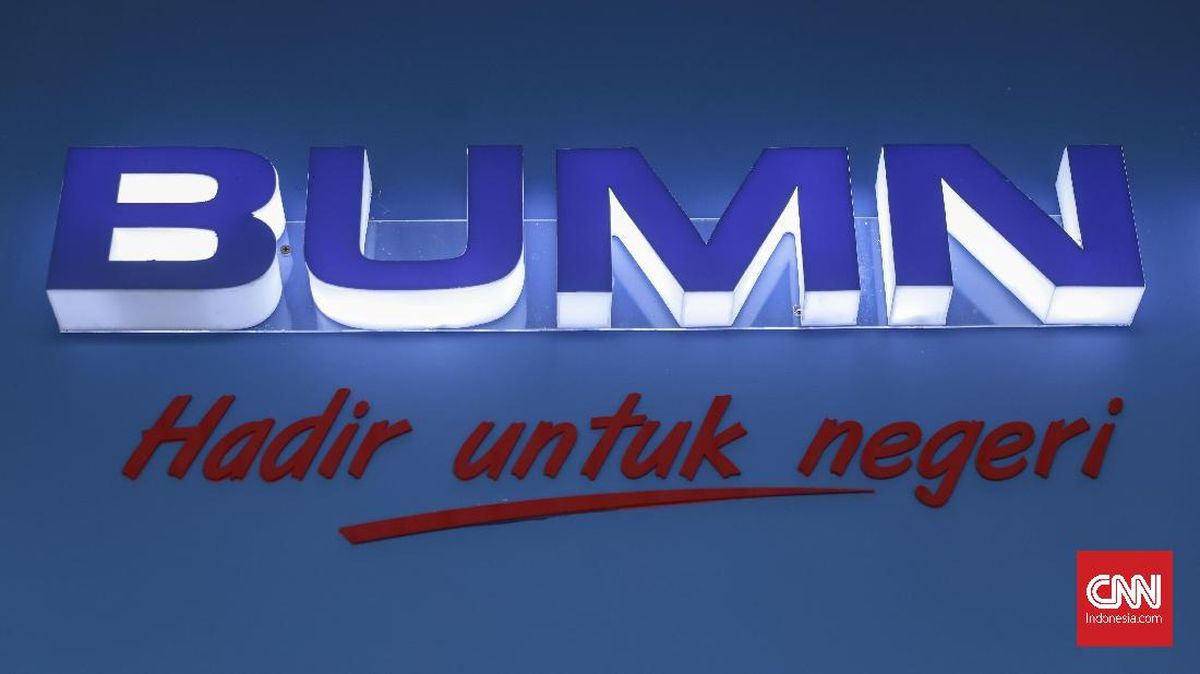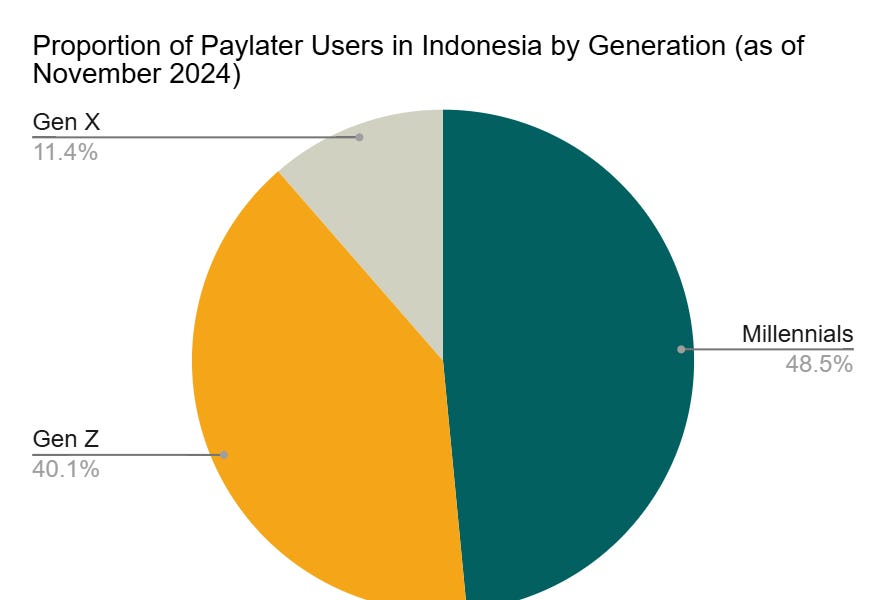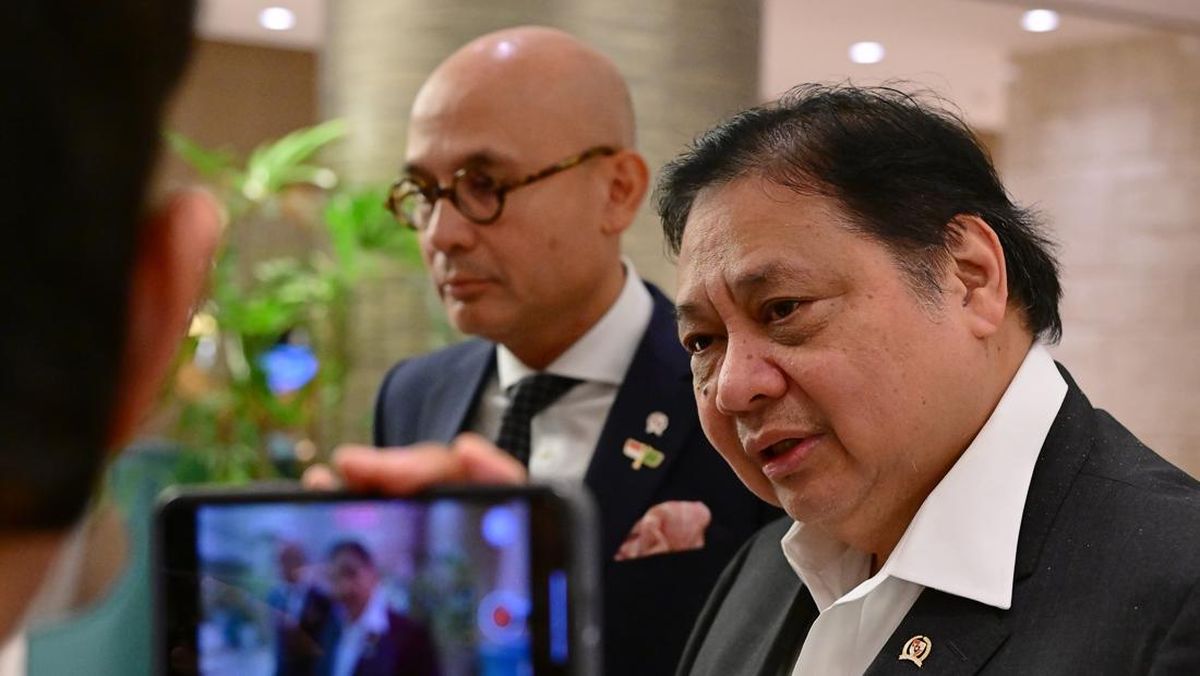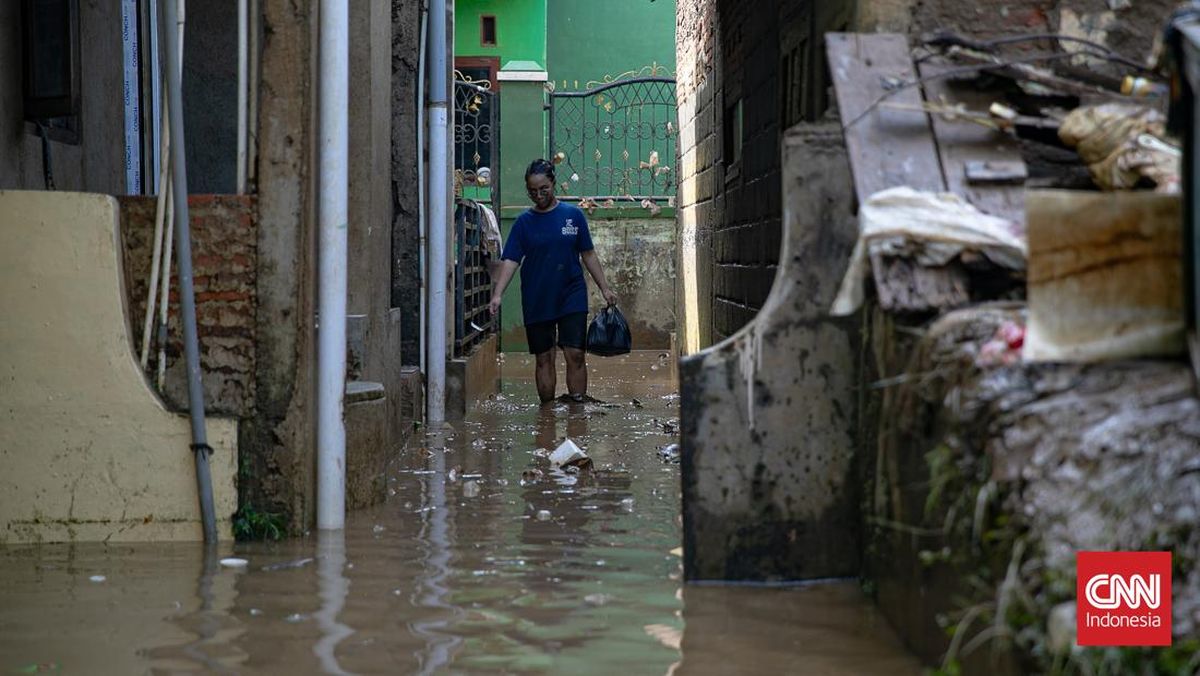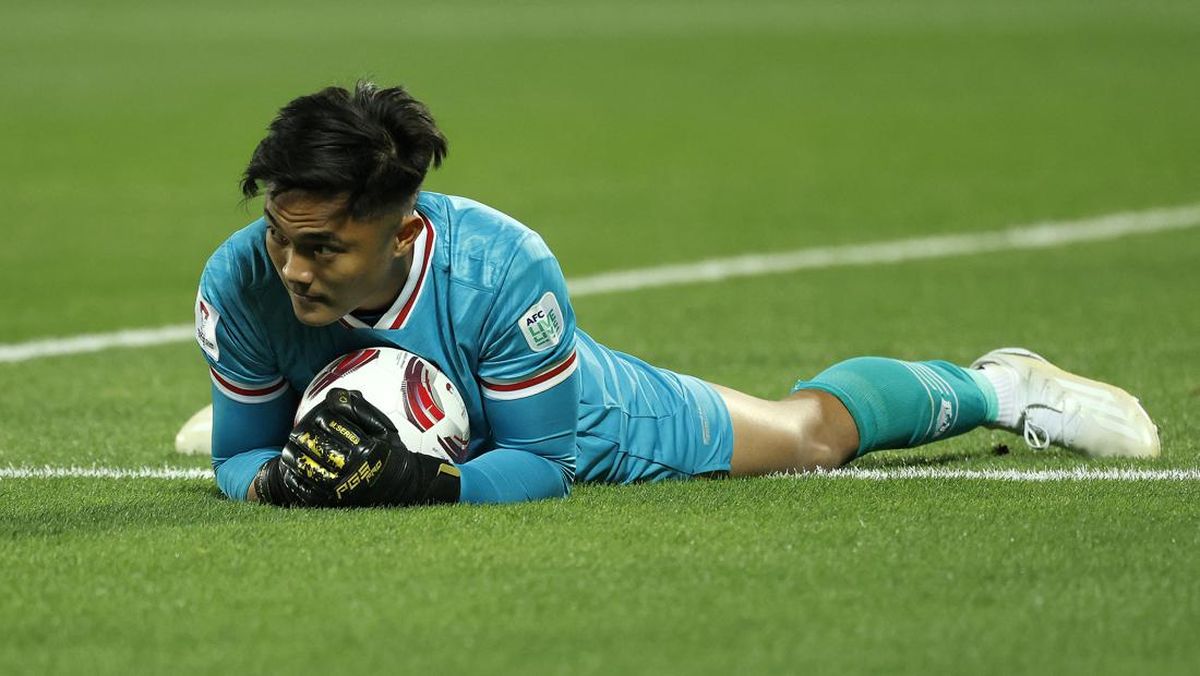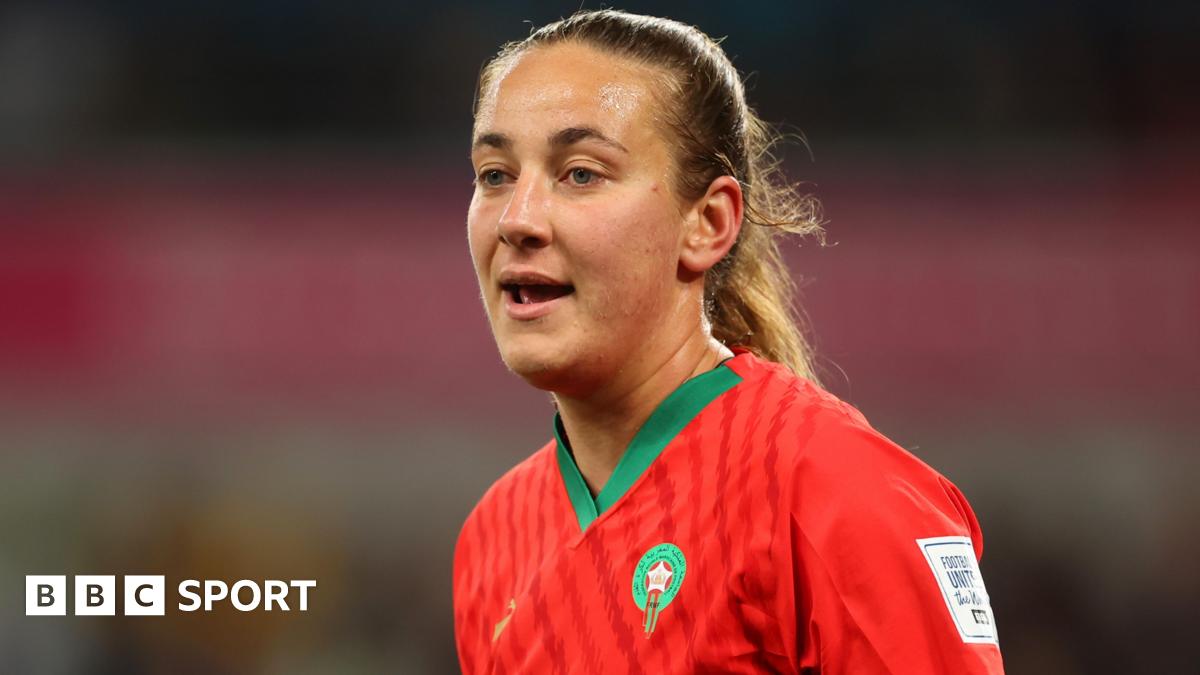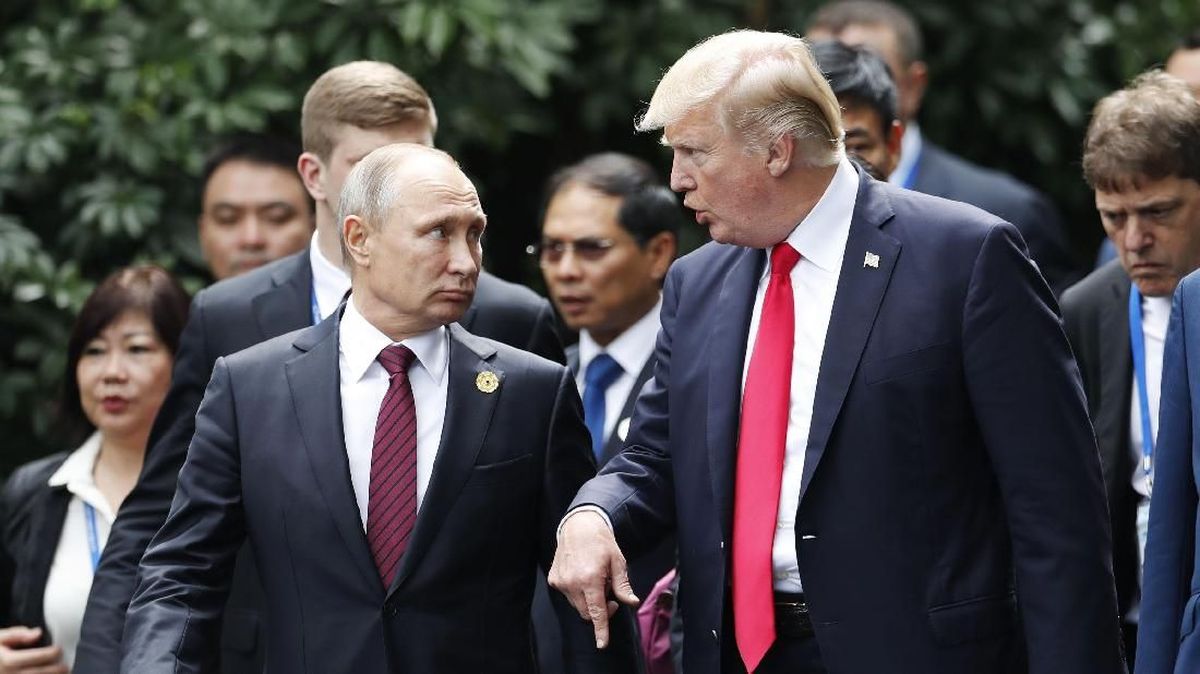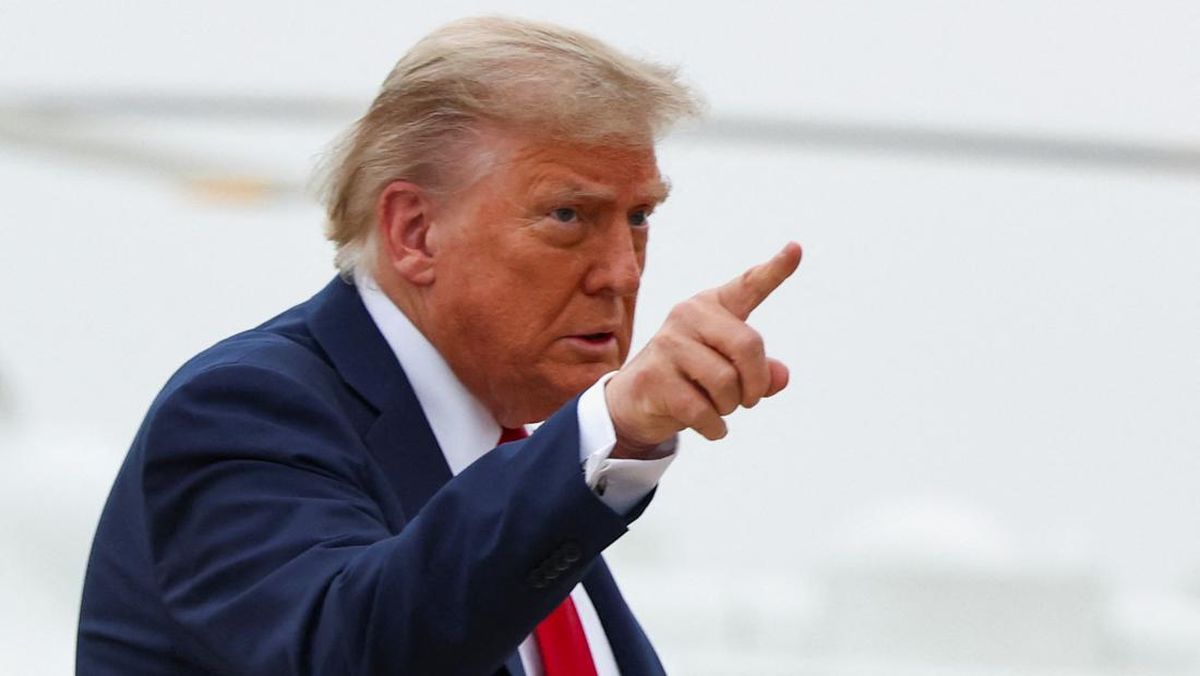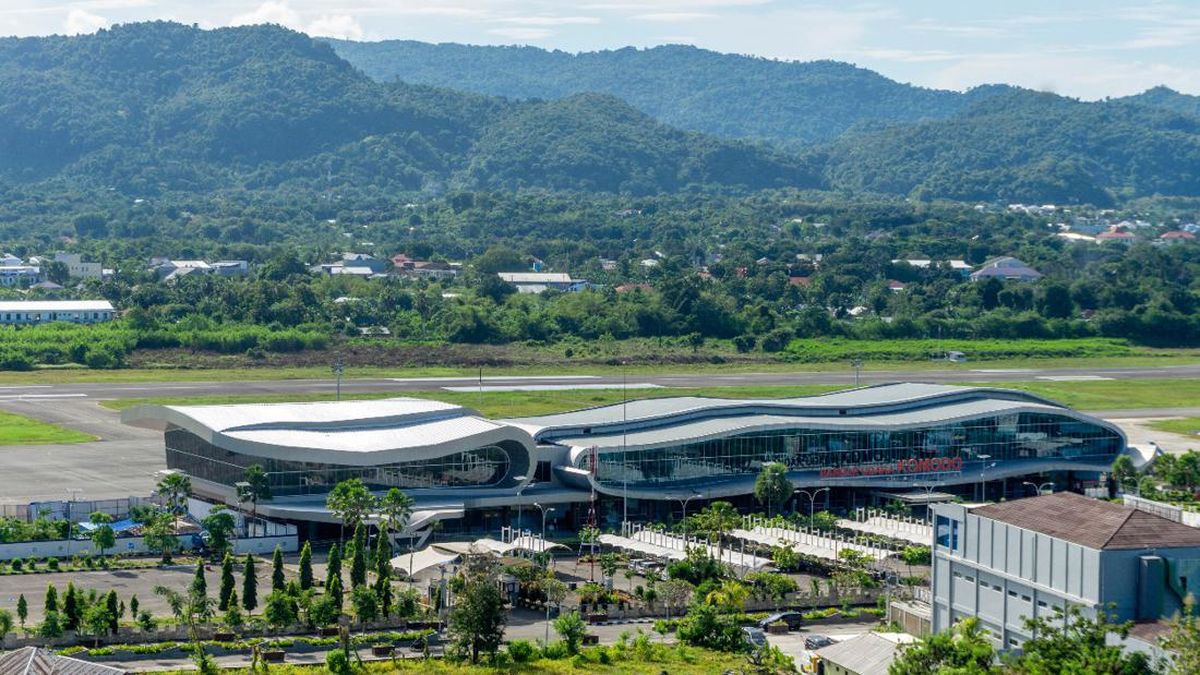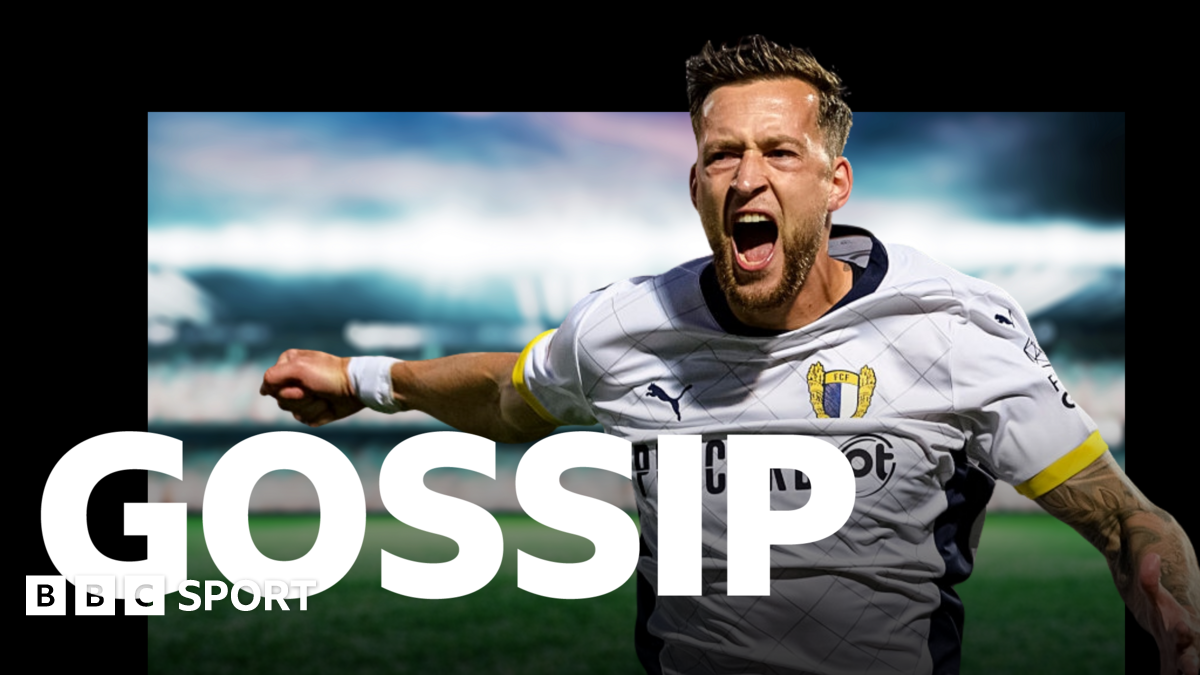The Football Association has strict procedures on dealing with head injuries, such as concussion.
The guidelines for dealing with possible concussion operate under the tagline of 'if in doubt sit them out'.
It means that if a player has suspected concussion at any level of football "they must be immediately removed from the pitch, whether in training or match play".
The FA states that the reason for immediate action in removing players from the pitch is because treatment delays "could risk incomplete recovery of the brain".
Concussion is a temporary brain injury that affects its function. It is mostly associated with a head injury, but can also happen after a forceful blow to the body that causes the brain to move.
Symptoms are usually immediate, though some can be delayed for up to 48 hours. These can include headaches, confusion and nausea.
Despite the association with being knocked unconscious, only 10% of concussion injuries originate from being knocked out.
The FA also cites studies showing that concussion rates are higher for women than men in football.
Once a referee stops a game for a suspected head injury, a doctor or physiotherapist will assess the player on the pitch.
The player then must leave the field of play for more medical assessment and stay off for at least 30 seconds after the game restarts. If it is judged that the player could be concussed, they must not return to activity for at least 24 hours.
Medical assessments can include looking for visible signs of concussion like a vacant stare or confusion, as well as the player reporting symptoms like dizziness or a headache to the medics.
The 'concussion recognition tool' also includes a series of questions medics can ask the player - such as, what time of day is it? - to assess their brain function.
Premier League teams are permitted to make one 'concussion substitution' per match, which do not count against their usual substitution limits.
If judged to be concussed, the player should be supervised for 24 hours and begin a six-stage 'return to play' process. This starts with an initial 48-hour period of rest with minimal physical and 'cognitive' activities, such as working and using screens.
The FA then recommends "a staged and graduated return to full daily activities", where "football training is allowed, but at a rate that does not worsen existing symptoms more than mildly or produce new symptoms".
The second stage allows light exercise, followed by the final four stages of football-specific exercise, non-contact training, full-contact training, and finally a full return to play.
This article is the latest from BBC Sport's Ask Me Anything team.
Ask Me Anything is a service dedicated to answering your questions.
We want to reward your time by telling you things you do not know and reminding you of things you do.
The team will find out everything you need to know and be able to call upon a network of contacts including our experts and pundits.
We will be answering your questions from the heart of the BBC Sport newsroom, and going behind the scenes at some of the world's biggest sporting events.
Our coverage will span the BBC Sport website, app, social media and YouTube accounts, plus BBC TV and radio.






























